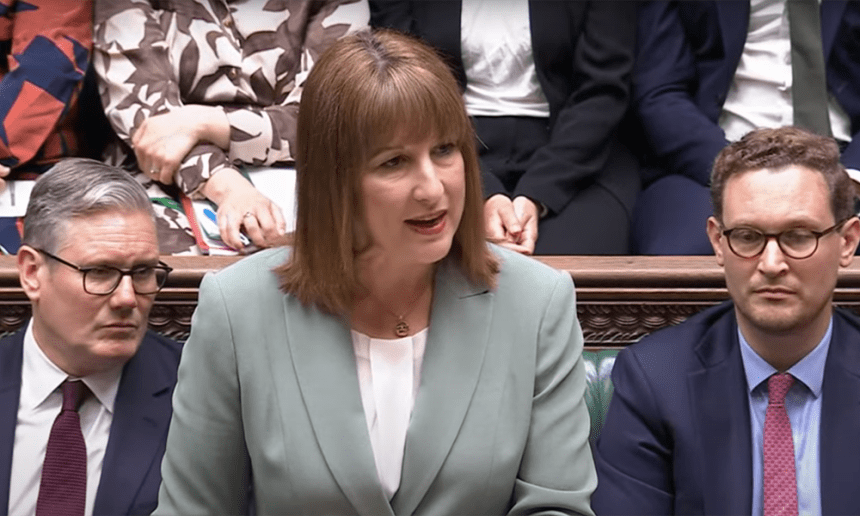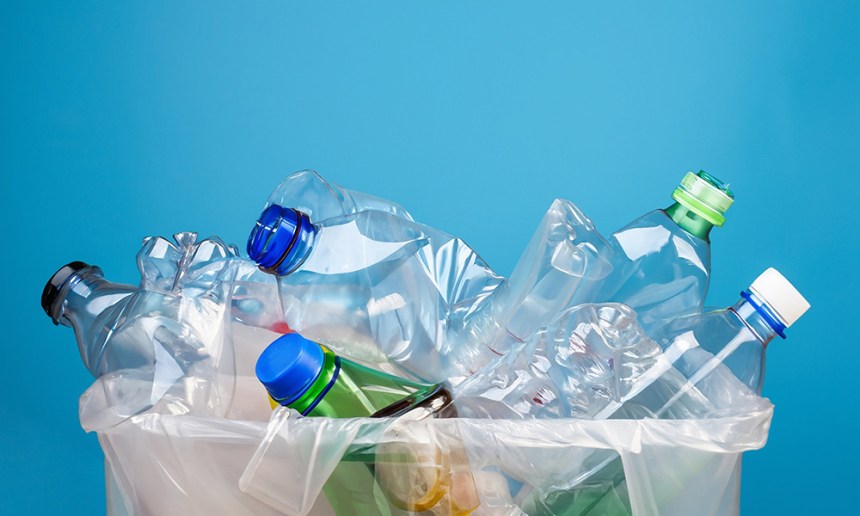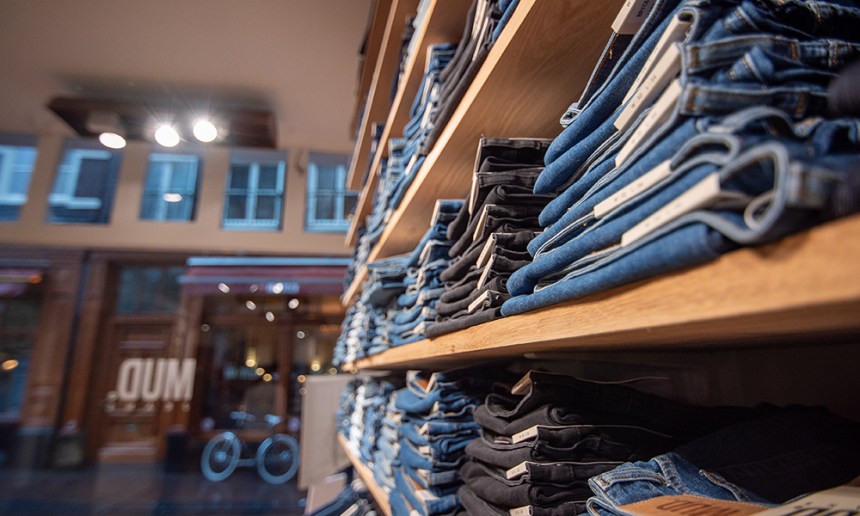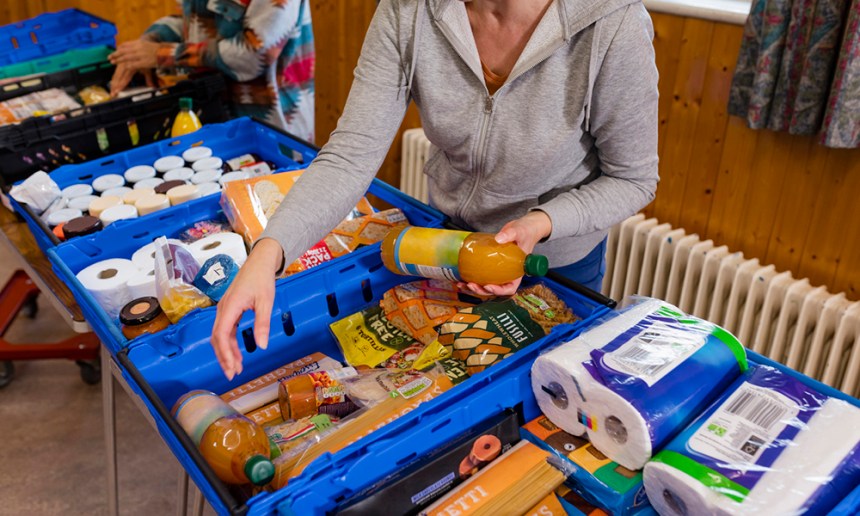Defra hit with major cuts in 2025 Spending Review
The UK Government’s 2025 Spending Review has delivered a complex message to the environmental sector: major capital commitments for clean energy and carbon capture sit in stark contrast to sharp operational cuts to the very department charged with environmental stewardship. While Chancellor Rachel Reeves pledged a real-terms increase of 2.3% in total departmental spending across the review period, the Department for Environment, Food and Rural Affairs (Defra) faces one of the steepest real-terms reductions—an average 2.7% cut per year to its day-to-day budget. That equates to a fall in resource spending from £4.8 billion in 2025–26 to £4.7 billion by 2028–29, with only the Foreign, Commonwealth and Development Office…
70% of UK adults are confused about how to recycle packaging
New research from Aquapak suggests 70% of UK adults are confused about what packaging can and can’t be recycled. As part of the research, Consumer Intelligence surveyed 751 UK adults earlier this year on their knowledge of packaging recycling. Only 10% of respondents said they always find instructions on how to dispose of packaging easy to understand. 52% described instructions as ‘sometimes’ understandable and only 29% said they are ‘often’ easy to understand. 21% said they always read the recycling instructions on product packaging, which increases to 31% for respondents between 25 and 34 years old but drops to 17% for those aged 65 and over. Our research findings…
International E-Waste Day 2025 to focus on critical raw materials
This year’s International E-Waste Day will focus on critical raw materials, the elements essential to the economy that have a high risk of supply disruption and limited substitutes. Taking place on 14 October 2025, the 8th edition of International E-Waste Day will focus on highlighting how critical raw materials (CRMs) can be recovered from unused or broken electronic products. A study by WEEE Forum and UNITAR showed that households own an average of 74 EEE items – excluding lamps and luminaires – of which 61 items are in use, nine are hoarded but working, and four are hoarded and not working. The total mass of items in households is…
International E-Waste Day 2025 to focus on critical raw materials
This year’s International E-Waste Day will focus on critical raw materials, the elements essential to the economy that have a high risk of supply disruption and limited substitutes. Taking place on 14 October 2025, the 8th edition of International E-Waste Day will focus on highlighting how critical raw materials (CRMs) can be recovered from unused or broken electronic products. A study by WEEE Forum and UNITAR showed that households own an average of 74 EEE items – excluding lamps and luminaires – of which 61 items are in use, nine are hoarded but working, and four are hoarded and not working. The total mass of items in households is…
Toast Brewing & MUD Jeans: Making circular work for business
Host of the Festival of Circular Economy 2025 and owner of sustainable innovation studio Ape, Mark Shayler, explains why a circular future has arrived by examining two successful circular economy businesses. The future is circular we hear – and it is. It offers a vital shift in how we manage resources and stimulate economic growth, especially at a time when resource scarcity is becoming more pressing. Host of the Festival of Circular Economy 2025 and owner of sustainable innovation studio Ape, Mark Shayler. Globally we currently wastes more than 90% of the materials we extract, all that circularity attempts to do is to stop the economy leaking. The circular…
Toast Brewing & MUD Jeans: Making circular work for business
Host of the Festival of Circular Economy 2025 and owner of sustainable innovation studio Ape, Mark Shayler, explains why a circular future has arrived by examining two successful circular economy businesses. The future is circular we hear – and it is. It offers a vital shift in how we manage resources and stimulate economic growth, especially at a time when resource scarcity is becoming more pressing. Host of the Festival of Circular Economy 2025 and owner of sustainable innovation studio Ape, Mark Shayler. Globally we currently wastes more than 90% of the materials we extract, all that circularity attempts to do is to stop the economy leaking. The circular…
Defra announces £13.6m in grants for food redistribution charities
The UK Government has announced grants totalling £13.6 million have been offered to 12 food redistribution charities across England. The Department for Environment, Food & Rural Affairs (Defra) says the grants will help redistribute an estimated 19,000 tonnes of food from farms to homeless shelters, food banks and charities. Commenting on the grants, Waste Minister Mary Creagh, who is also responsible for the circular economy, said: “This government’s Plan for Change is acting on food poverty and tackling Britain’s throwaway culture, ensuring more good food ends up on plates and not in bins. “I am delighted to see this support go to 12 outstanding redistribution charities to form closer…
Defra announces £13.6m in grants for food redistribution charities
The UK Government has announced grants totalling £13.6 million have been offered to 12 food redistribution charities across England. The Department for Environment, Food & Rural Affairs (Defra) says the grants will help redistribute an estimated 19,000 tonnes of food from farms to homeless shelters, food banks and charities. Commenting on the grants, Waste Minister Mary Creagh, who is also responsible for the circular economy, said: “This government’s Plan for Change is acting on food poverty and tackling Britain’s throwaway culture, ensuring more good food ends up on plates and not in bins. “I am delighted to see this support go to 12 outstanding redistribution charities to form closer…
Over 70% of UK adults want to see an EPR scheme for textiles
New research from WEFT found that over 70% of UK adults indicated they would like to see an extended producer responsibility scheme for textiles introduced. WEFT & QSA Partners have investigated consumer tolerance to extended producer responsibility (EPR) fees on clothing. The purpose of the research was to determine consumer acceptance thresholds for EPR fees and identify at what price points these fees might begin to alter purchasing decisions. It also explored whether a charge could increase funding for recycling and reuse systems, and encourage more sustainable fashion choices, without putting off consumers from making purchases. The research was led by WEFT and QSA Partners, and delivered by Icaro…
Biffa removes 450 tonnes of hazardous waste from UK’s last coal-fired power station
Biffa has removed 450 tonnes of hazardous material from the UK’s last coal-fired power station. Uniper’s Ratcliffe on Soar power station was closed in September 2024 after generating electricity for UK homes and businesses for almost 60 years. Since November 2024, a team of more than 20 Biffa specialists, including industrial chemists and dangerous goods safety advisors, has supported the decommissioning of the power station’s water treatment plant and fuel oil system. Biffa has announced it has reached the halfway point of the 12-month project after removing 450 tonnes of hazardous material, including high-concentration sulphuric acid and fuel oil, as well as effluent and anionic and cationic resins. Using…

































